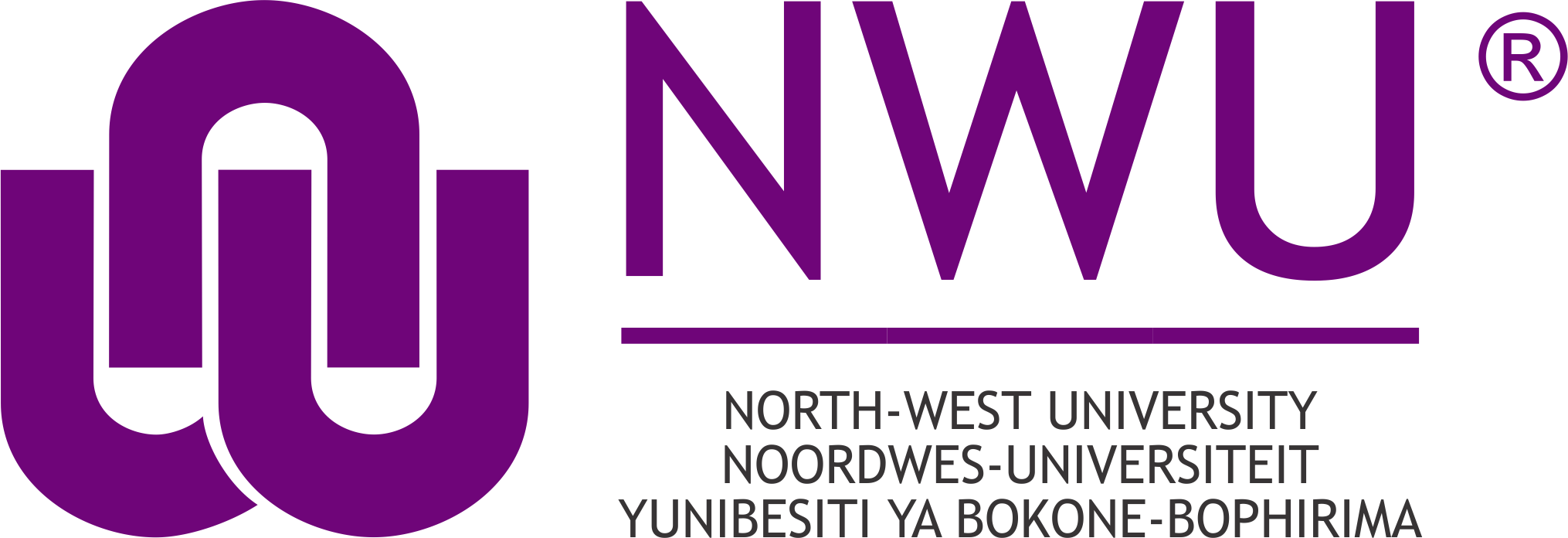ISIS' grip being felt in global tourism sector
The recent attack by terrorists affiliated to ISIS (Islamic State of Syria and Iraq) in Paris, the subsequent police sieges in Brussels, the shooting down of a Russian commercial airliner over Egypt and the Mali hotel attack have left tourism experts to ask: What now constitutes a safe tourist destination?
One of these is Professor Melville Saayman, director of the research unit TREES (Tourism Research in Economic Environs and Society) at the Potchefstroom Campus of the North-West University.
"We have to ask: what is a safe destination? The ISIS attacks have been horrific and all indications are that they are not likely to stop in the foreseeable future. Where should tourists go to feel, and be, safe?"
The influx of Syrian refugees to European safe havens with the corresponding reports that some ISIS militants use these humanitarian efforts as a gateway into Europe has tourists worried. It is also evident that countries engaging ISIS on the battlefront as well as countries condemning ISIS paint themselves, and more specifically their civilians, as targets for retribution.
"Countries like Argentina who stay out of the ISIS debate are likely to become a more popular tourist destination. After the September 11 terrorist attacks we saw a spike in the amount of tourists to developing countries such as South Africa," explains Saayman.
He goes on to elucidate that the traditional notion of a 'safe country' is no more: "We are going to see tourism patterns changing. If attacks on the European continent continue we are going to see the emergence of previously stagnant tourism markets. Research has shown that one of the dominant factors that contribute to the choosing of a tourism destination is a country's safety and stability. Do tourists still see France, specifically Paris as such? With the number of refugees in Germany, will tourists still perceive this country as fitting the prerequisite bill?"
According to Saayman, the tourism industry will have to adapt to the current state of affairs. Its survival and long-term prosperity depends on it.
"Travel agencies and the respective countries will have to start marketing themselves in such a manner that takes this global threat into account. But, it is imperative that ethics and accountability towards tourist are taken into account. Thanks to mass media, especially social media, we are living in a world where the fragility of the fabric that holds us together is more evident than ever. Fear breads contempt and vice versa.
We see that when citizens lash out in frustration over attacks in other countries. We also see these tools unite people across borders, across oceans and across ethnic lines. Honesty and temperance within the industry is more important than ever.
"It is imperative that the relevant tourism role players understand this. Ours is a brittle industry, one very susceptible to a multitude of influences. If consumers lose faith in one, they are bound to lose faith in others. This will affect us all.
"ISIS has transformed the global landscape in numerous ways. I don't know when we will truly be able to understand the after-effects of their two years of terror thus far."
Expert name: Professor Melville Saayman Telephone number: 018 299 1810 Email address: [email protected] Expert link: http://news.nwu.ac.za/experts/melville-saayman
